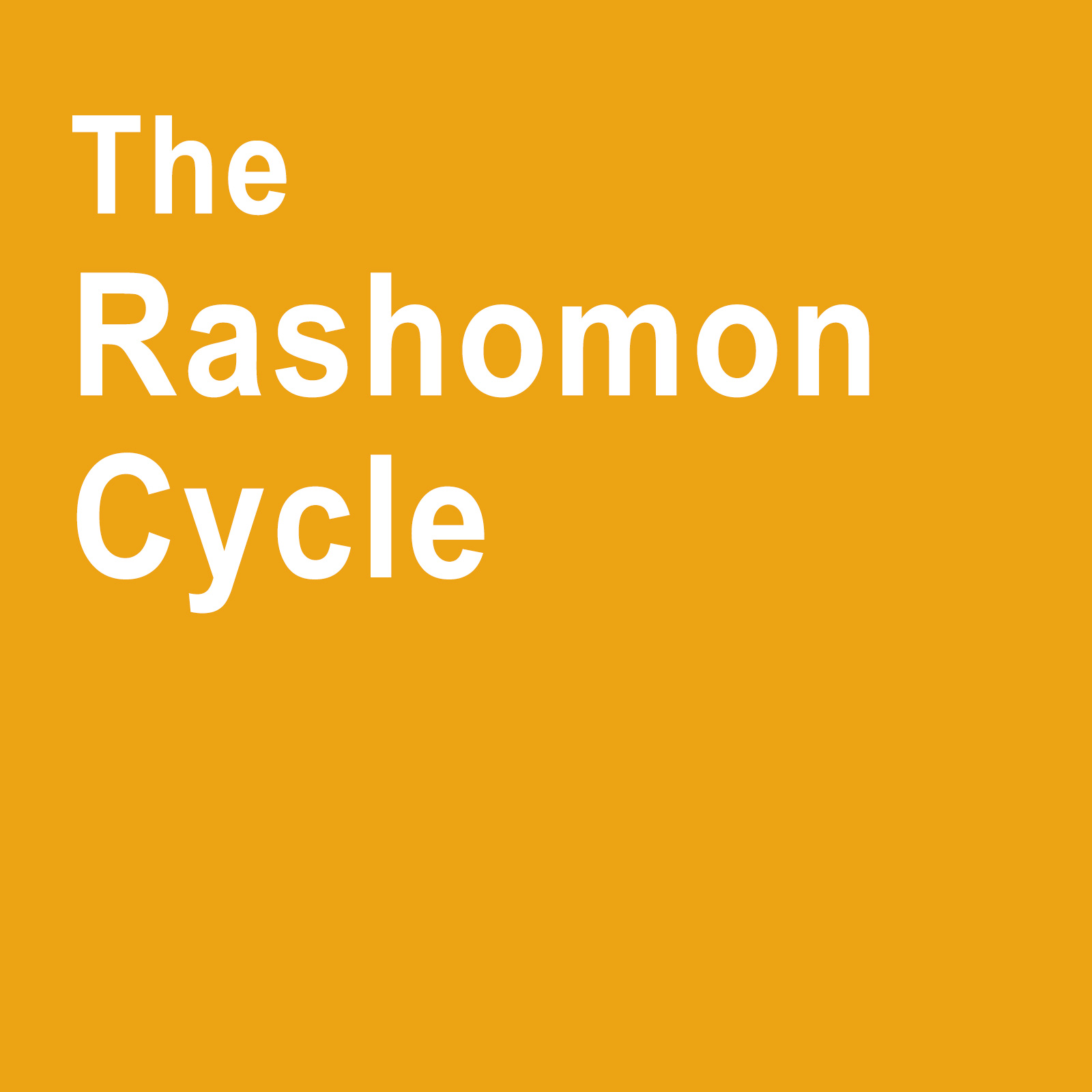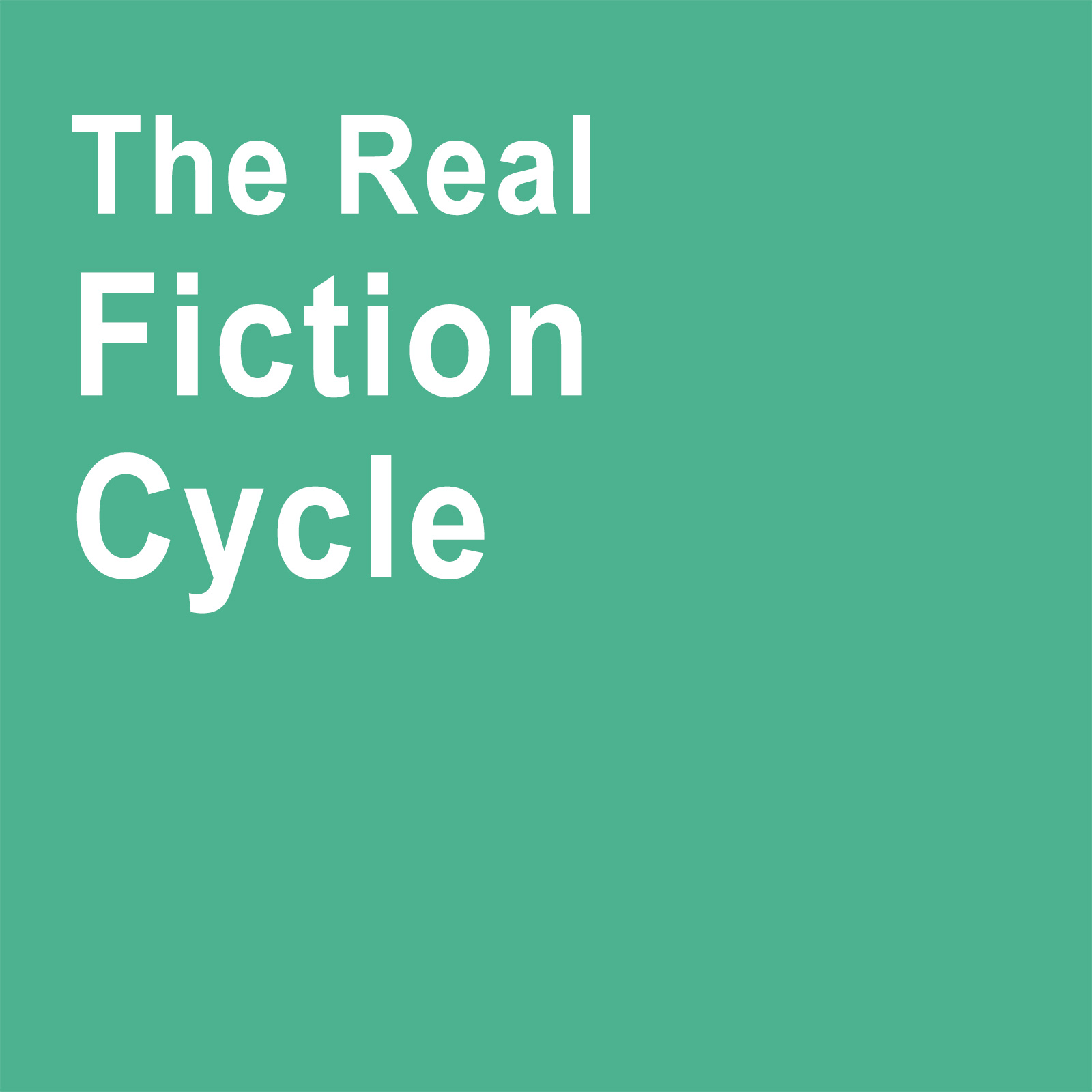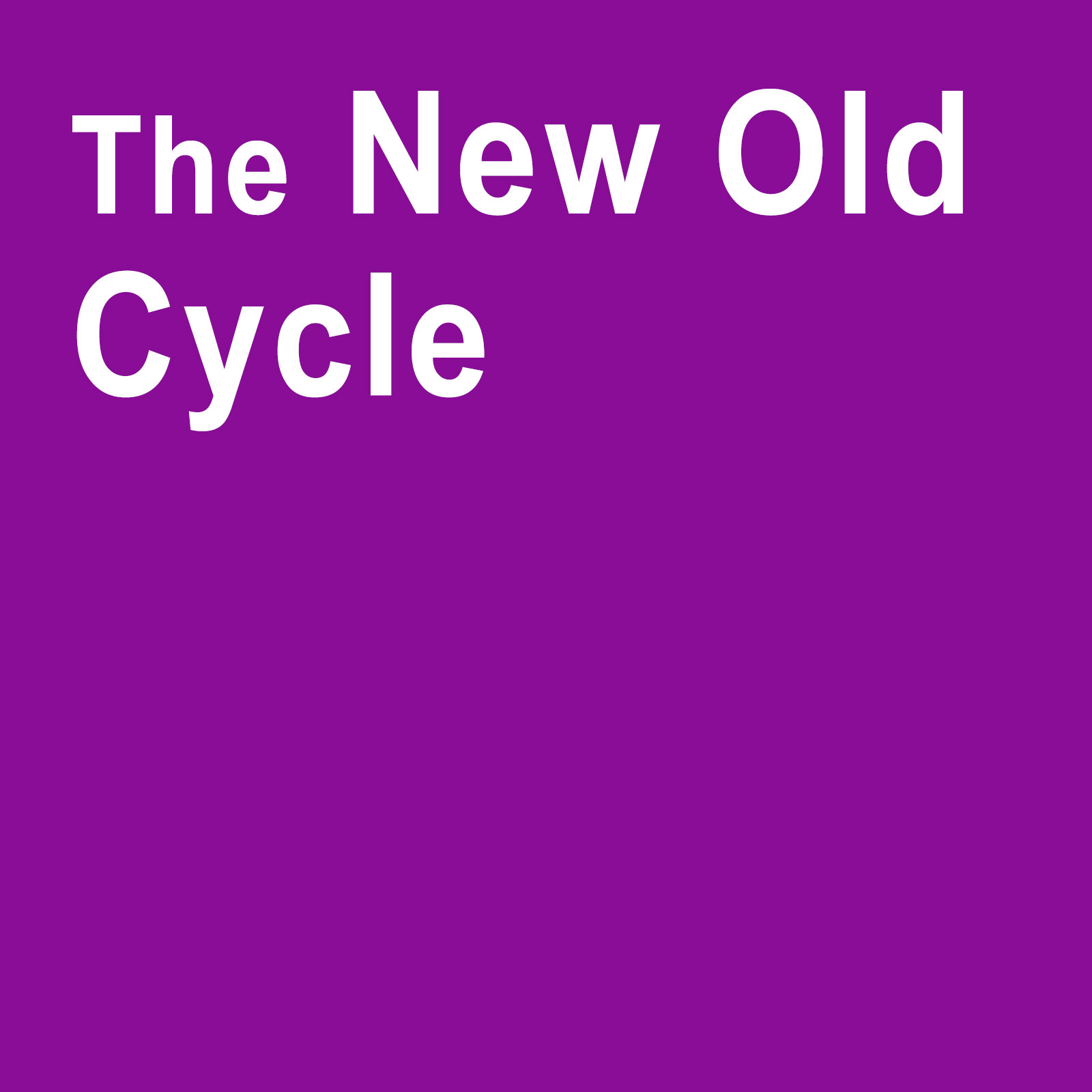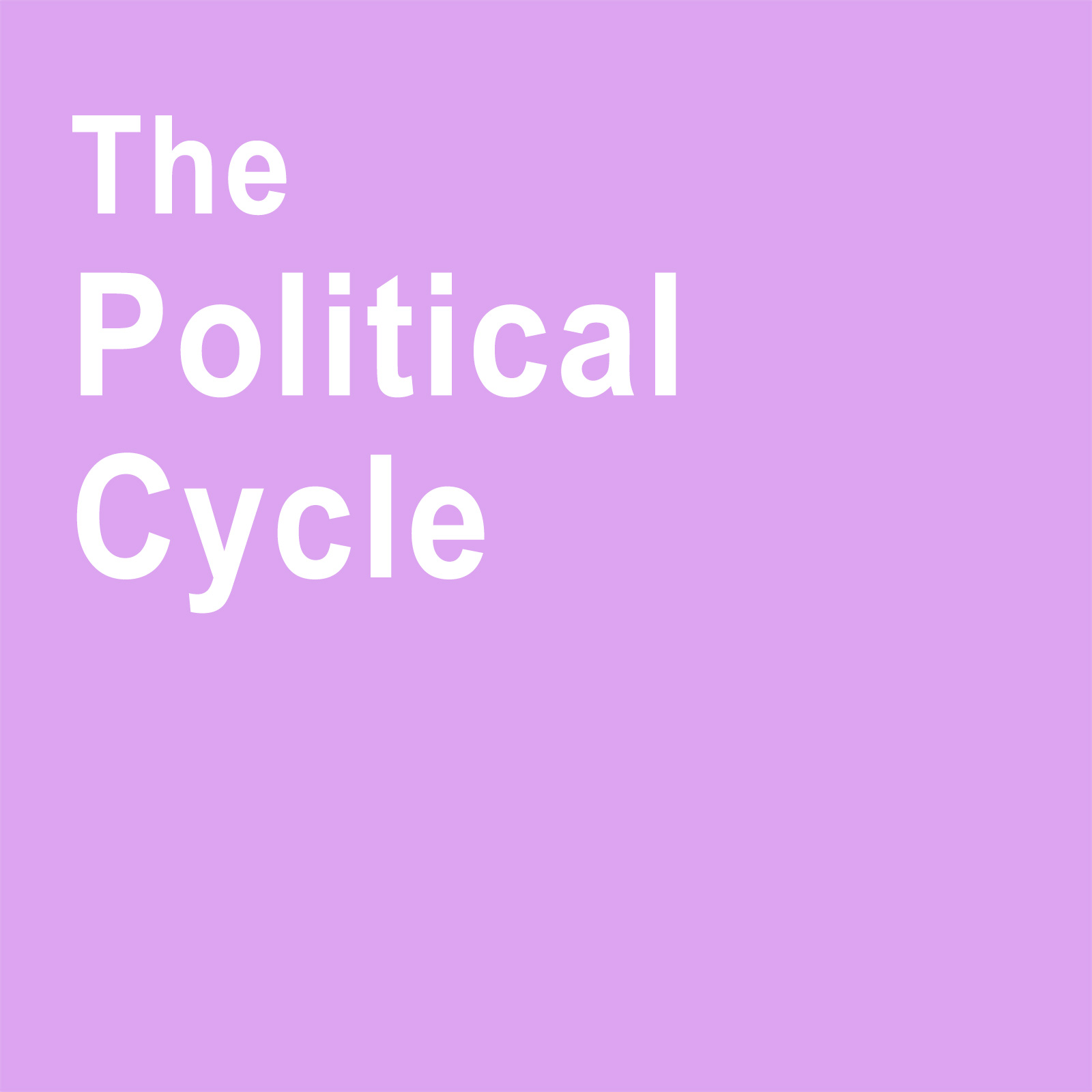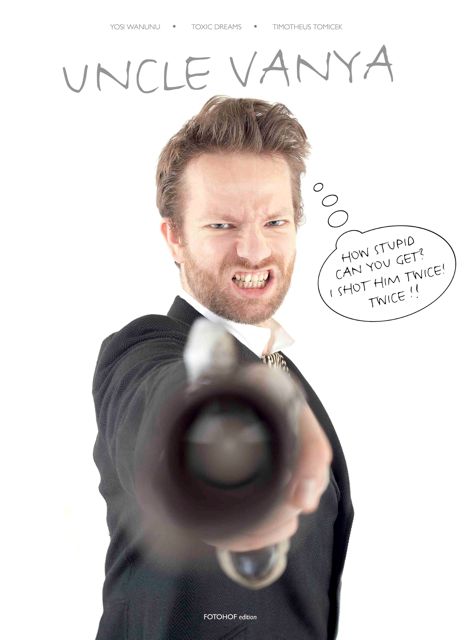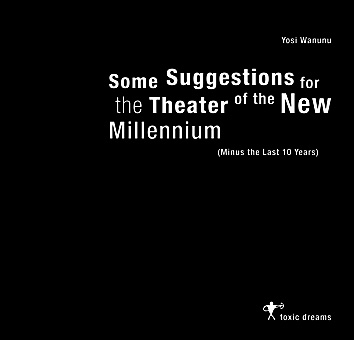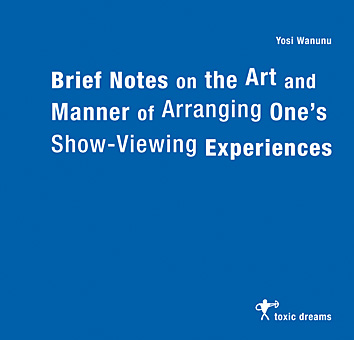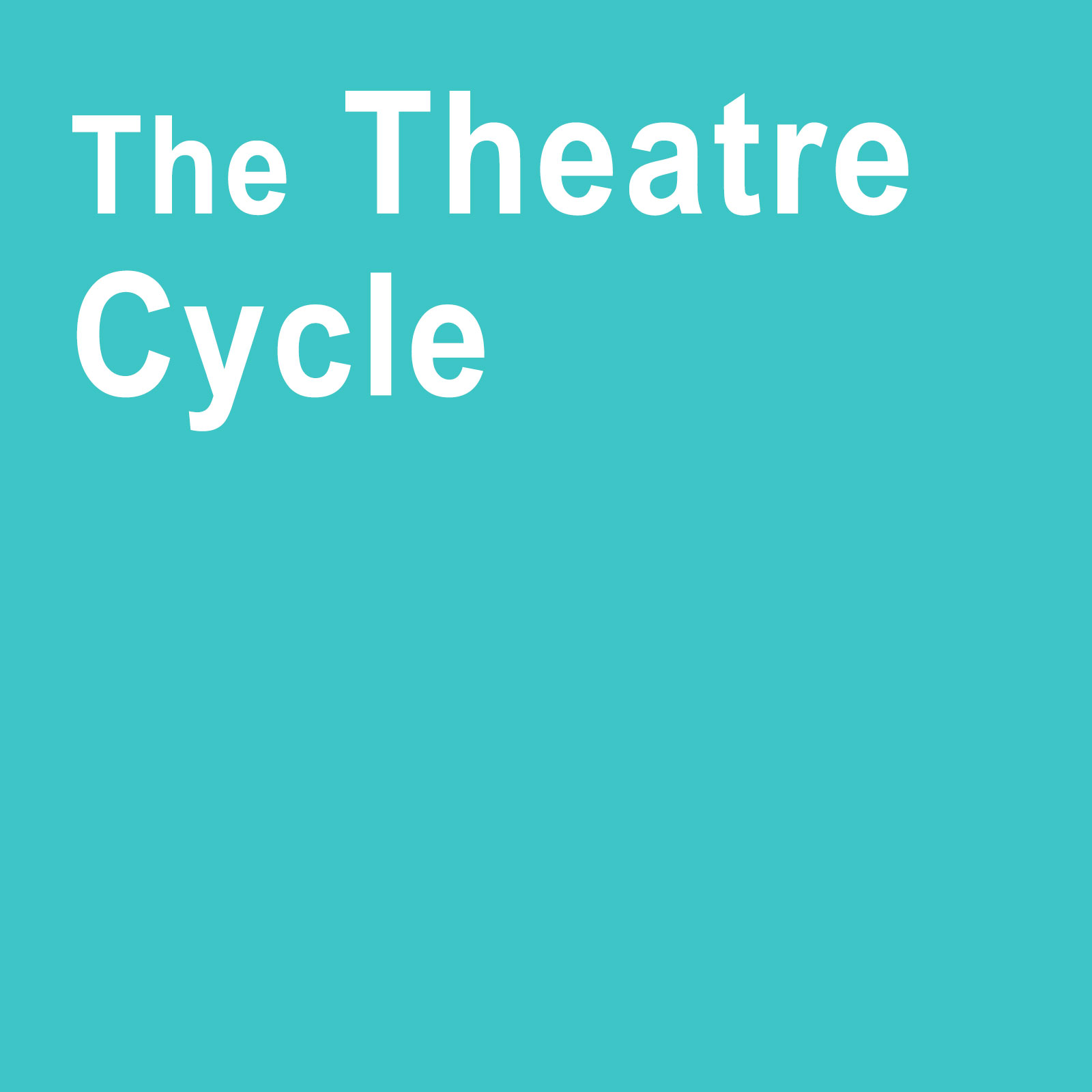
56 pg., published by toxic dreams, 2008
No ISBN, you can send us an email and we will send you a book.
The Theatre Cycle
Or I’ve Got The Blues
After the entertainment cycle, culminating with the presentation of “De Lady in de Tutti Frutti Hat”, I felt that it is time to talk about theatre again or to be more precise, about some tendencies in experimental theatre in the 20th century and their lasting influences on theatre/performance practice nowadays. But before I get into it let me write some closing words about the entertainment cycle.
I was and still am dissatisfied with the direction experimental theatre took in the last decade or two. I have a certain dislike of minimalist theatre, the empty stage, the poor theatre, and so on and so on; those ideas are old hats by now. In addition, “new” tendencies in contemporary performance became as dangerous and as tedious as the old ones. For example, nowadays on every second stage, there is a performer who declares “I am not acting I’m just here” etc., etc. but this not-acting becomes as bad and as boring as the worst Method Acting one can still see around. Let me make things clear. The techniques that were developed by performance artists were and are still valid in the process of making performance art but over time a new aesthetic conformity has developed. It is similar to the process independent filmmaking went through. What was radical and innovative in the 60s and 70s turned into the same predictable subgroups that the major film studios have nowadays. In independent film, screenwriters play it structurally safe i.e. interconnectivity of stories, time shifts, following quirky characters, etc., etc. The same can be said on performance art both in terms of conformity and playing it safe.
So the return to popular theatre forms was a way to rediscover theatricality and at the same time challenge the status quo. Peter Brook wrote that every attempt to revitalize the theatre has gone back to popular sources. From Meyerhold (circus) to Artaud (ritual) to Becket (Vaudeville) and in a way one can see it right now everywhere, it seems that everyone is doing entertainment which is a sign maybe that I’m not the only one who is tired of the current affairs.
It is hard to assess the results or achievements of the entertainment cycle. I can only point out the successful reception by the audience of the various shows we did within the cycle as a way of pointing out that some of these forms still work. On the other hand how to combine those forms and the styles and techniques of the late 20th century/beginning 21st-century performance art remains a difficult task, it fails night in and night out on the various stages around us, my shows included.
On a side note and at the risk of sounding out of tune with the current oligarchy of the theatre/performance scene I would say that amid all the event theatre, the site performances, breaking the boundaries shows, and “interesting subjects real life happenings” the black box theatre became again the most attractive place to do theatre nowadays. The scorn that the proscenium stage and the black box theatre are getting makes them the most radical of performance spaces. It’s almost refreshing to see a “well-made” show these days and believe me they are rare, very rare. I find myself sometimes, usually in the middle of some “experimental” show, yearning for the good old theatre machine. Oh no, I hear you saying what is wrong with him, is he getting old? Maybe, but the Disney avant-garde of our time employs the same recognizable social and psychological clichés or knockout effects that the mainstream theatre is employing.
If the entertainment cycle was all about rediscovering, the theatre cycle is more about reexamining some ideas and working methods of 20th-century theatre and performance, to find out what went wrong. To paraphrase Ibsen I’m not here to give answers but to ask questions. The new theatre cycle will be, in a way, an inventory of performance epistemology of sorts. Let me sketch some of the ideas I would like to dive into.
The Empty Space: Peter Brook’s book of the same name had, in my opinion, a devastating effect in the last forty years. Brook’s ideas were radical and necessary in the time they were published and then it was time to move on and a lot of theatre makers didn’t. The empty space became a deadly space where talking heads recite some important plays in an artsy manner. Brook’s Artaudian ideas transformed with time into a well-made bourgeois theatre that looks clean and proper and well-spoken and terribly boring. The question is therefore what sort of space should we look for now?
Like life: After a screening of a short clip from one of his shows in an Austrian TV culture program Luc Bondy remarked “It’s just like life.” As if a similarity to life is some sort of achievement. Like life means what exactly? And whose life is it anyway? Is it the life of the one percent that can afford the high-ticket prices of the Vienna Festival? Or the life of the other 99 % who couldn’t care less? The life devised by some playwright and put into acts and scenes and presented in two hours with a break? Or the other life… you know, the one that takes longer to live and has long periods when it is terribly banal and boring and undramatic, etc., etc.?
Interpretation theatre: Attending a couple of years ago an adaptation of “Uncle Vanya” by the Belgian director Luc Perceval I couldn’t feel anything but great sadness. The production was well made, well acted, well everything. But it had nothing to do with me, here and now. Perceval’s production looks like a letter to other directors, to other interpretations of Chekhov, it felt more like the theatre of references than a live event. It seems like theatre people are in a bubble, communicating with each other’s interpretations – you did Chekhov like that so I will do it in a totally different fashion. The audience is watching a game of interpretations and references, not a live event. I cannot do straight plays anymore. It feels like such a waste of time. Both as an audience member and as a theatre maker. Maybe it’s time to give those plays a rest…in the meantime, we should develop other strategies for playwriting, generating stage materials, or making a show. The single point of view, be it a director’s view or a playwright, does not tell any more the story of our chaotic and spiritually confused world.
Poor theatre: Almost everyone I know in theatre took some Grotowski workshops that changed their life, or so they say. Grotowski is like the 60s, like the Hippie culture, it’s something we are all proud to be part of or associate with, but when life comes knocking we move on. Grotowski’s methods and techniques are so impractical that if you want to abide by them you have to move to a little remote village, become a monk, and practice for the rest of your life. It’s a noble idea for sure but at the same time elitist and cultish. What is left of the poor theatre? Can any of Grotowski’s ideas still apply to today’s theatre?
Naturalism/Realism: The fact that naturalism is based on a lie that was hardly news already a century ago. And it may as well be said of any art form, or at least of any interesting art form. But the perfunctory naturalism that dominates mainstream theatre today has indeed lost its self-consciousness, winding up its plots ever more mechanically, and explaining (and expiating) its characters ever more tediously.
Those are some of the ideas we will toy with within the theatre cycle of various productions. It is hard to predict if we will be successful in realizing all the productions but here is the plan:
Realism or Vanya – A long-term production concerning the question of realism in 20th-century theatre.
My Dinner with toxic dreams – A mix between the famous movie “My Dinner with André” and Grotowski’s famous production “The Constant Prince,” dinner performance.
Audience Participation and the Curse of 60s Theatre – I guess the title says it all
Kongs, Blonds, Tall Buildings (working title) – Via the story of King Kong the question of interpretation theatre will be examined. Several interpretations will be presented to the classical story, Kong like Hamlet, like Lear, like Godot…
Everybody Loves Chekov– An installation piece where actors are asked to tell personal stories that will make them cry. Strasberg a la Carte…

